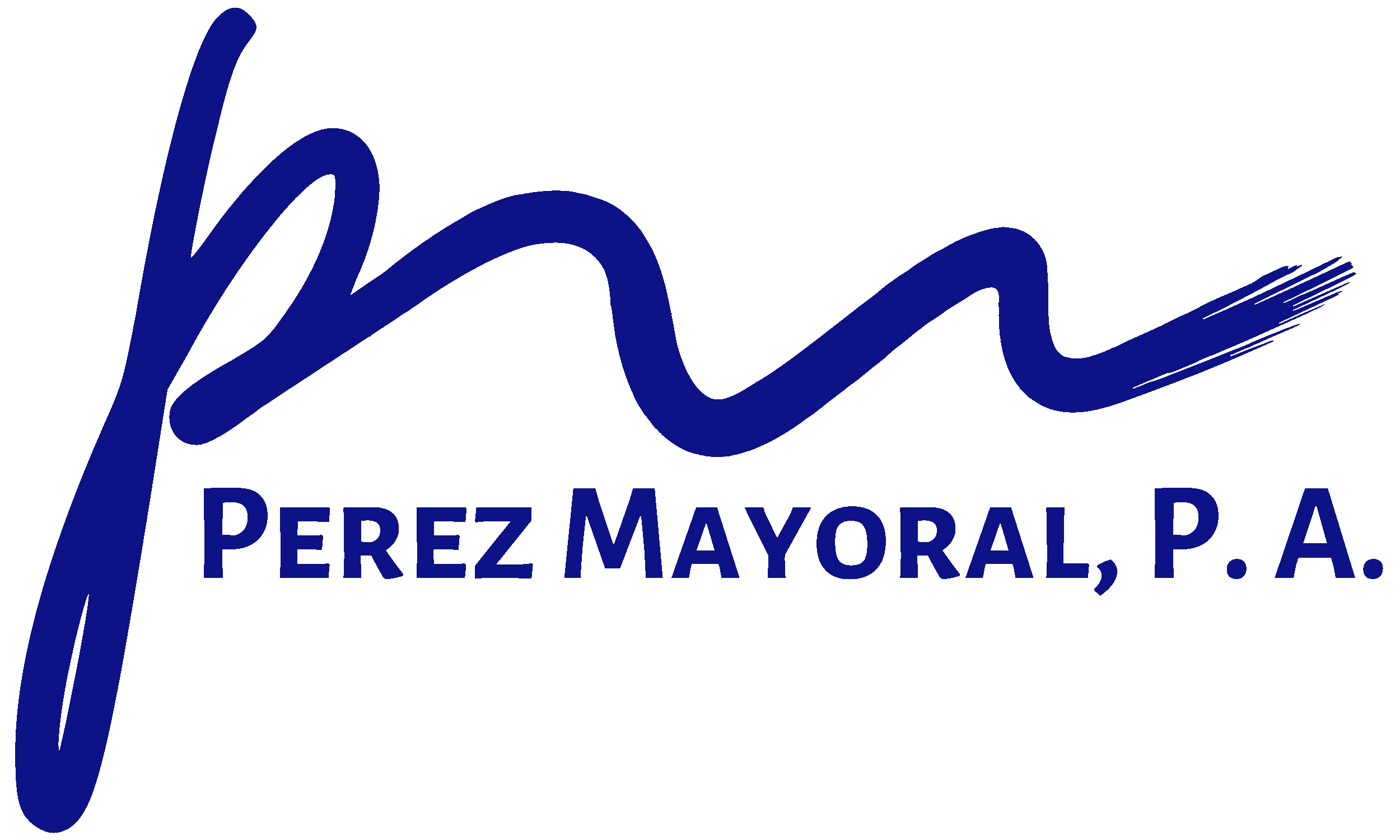A well-run homeowner’s association can play an impactful role in maintaining property values and keeping a neighborhood quiet. A poorly managed HOA can cause the value of your home to go down, forcing you to spend more money than you would have needed to otherwise. HOAs are intended to establish respectful and healthy relationships with homeowners so that they are mutually beneficial. If you suspect that your rights have been violated by an HOA, COA, or a neighbor living near you, then contact Perez Mayoral, P.A. for further assistance. Our Florida Chapter 720 Statute lawyer is ready to speak with you.
Chapter 720 of the Florida statutes controls and empowers the ability of HOAs to enforce rules. Compared to Chapter 718, which is for COAs. Chapter 720 and 718 are alike in many ways, but there are some differences. These statutes give power to HOAs and COAs, but it also restricts what they can do as well. For instance, homeowners and condominium owners have the right to peacefully assemble, request official Association records, display the U.S. flag, and recall the Board. Even with these statutes, each association is different. The rules for a community should be established by the community itself, not politicians. Associations must always abide by the statutes that govern them.
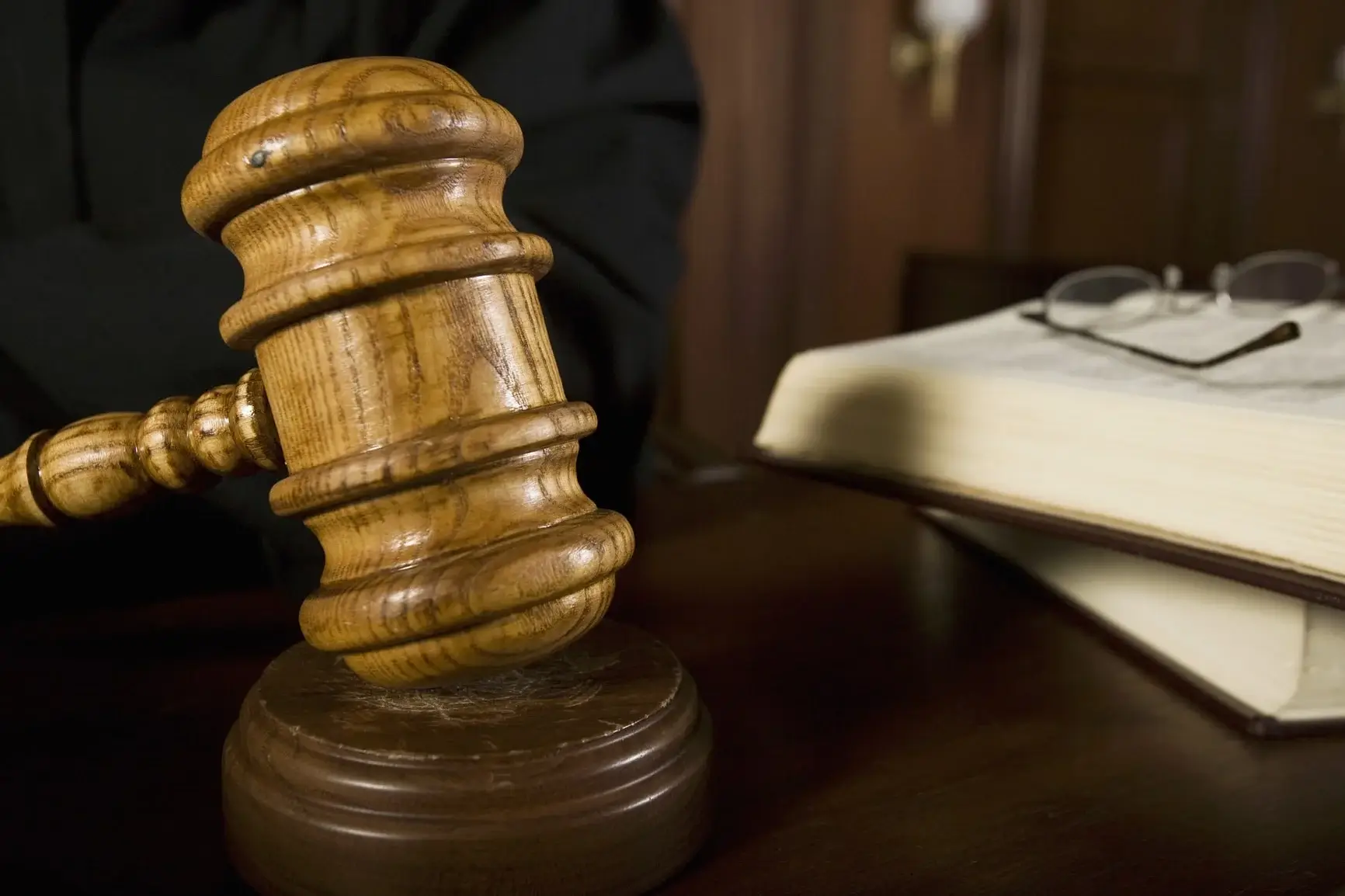
It is important for homeowners and condominium owners to be informed about what the responsibilities of associations are. Ultimately, an HOA or COA develops regulations and guidelines for all members, with the intention to provide structure and peace to the community while also enhancing property values. The HOA ensures the community is pleasant to live in and stays well-maintained. As our knowledgeable Chapter 720 Statute attorney can discuss with you, the duties of an HOA or COA may include, but are limited to, the following:
- Create and approve conditions, rules, covenants, and bylaws
- Amend old rules and regulations when needed
- Enforce penalties for residents who fail to comply with rules in the form of fines and/or legal action
- Hold meetings for members, hear their concerns, decide voting matters, elect a new Board member, etc.
- Schedule meetings for the Board of Directors
- Plan social activities or events
- Communicate with property managers, homeowners, attorneys, and other personnel
- Keep and maintain financial records
- Collect assessment fees
- Seek collections from homeowners who fail to pay their assessments timely
- Maintain a fund reserve
- Budget for neighborhood upkeep
- Allocate spending for insurance coverage
- Respond to emergencies
- Schedule inspections
- Collect bids from contractors

If you are a homeowner or condominium owner who has questions about HOA or COA statutes, then contact Perez Mayoral, P.A. at your next convenience. We understand that you want your neighborhood to be a peaceful living environment where your home value only goes up. We know it can be frustrating dealing with associations on your own, so please let us help. Our Florida Chapter 720 Statute attorney is ready to take your call or email.

Homeowners associations (HOAs) are widespread in Florida, and your Florida Chapter 720 statute lawyer can help you understand the various issues that can lead to disputes and legal challenges. Many law firms in Florida represent HOAs. Perez Mayoral, P.A. is one of the few firms that exclusively represent homeowners. We’re here to help you protect your rights, and it all starts with walking you through common HOA disputes. Read on to learn more, and contact us today to get started.
Understanding HOA Disputes Over Assessments
One of the most frequent issues in Florida HOAs revolves around assessments—regular or special fees collected for general maintenance and unexpected expenses, respectively. Disputes often arise when homeowners challenge the fairness or legality of these assessments. Homeowners may question the necessity of the levy, its alignment with the HOA’s governing documents, or the way funds are managed. Transparent communication and adherence to the HOA’s covenants, conditions, and restrictions (CC&Rs) are vital in mitigating these disputes.
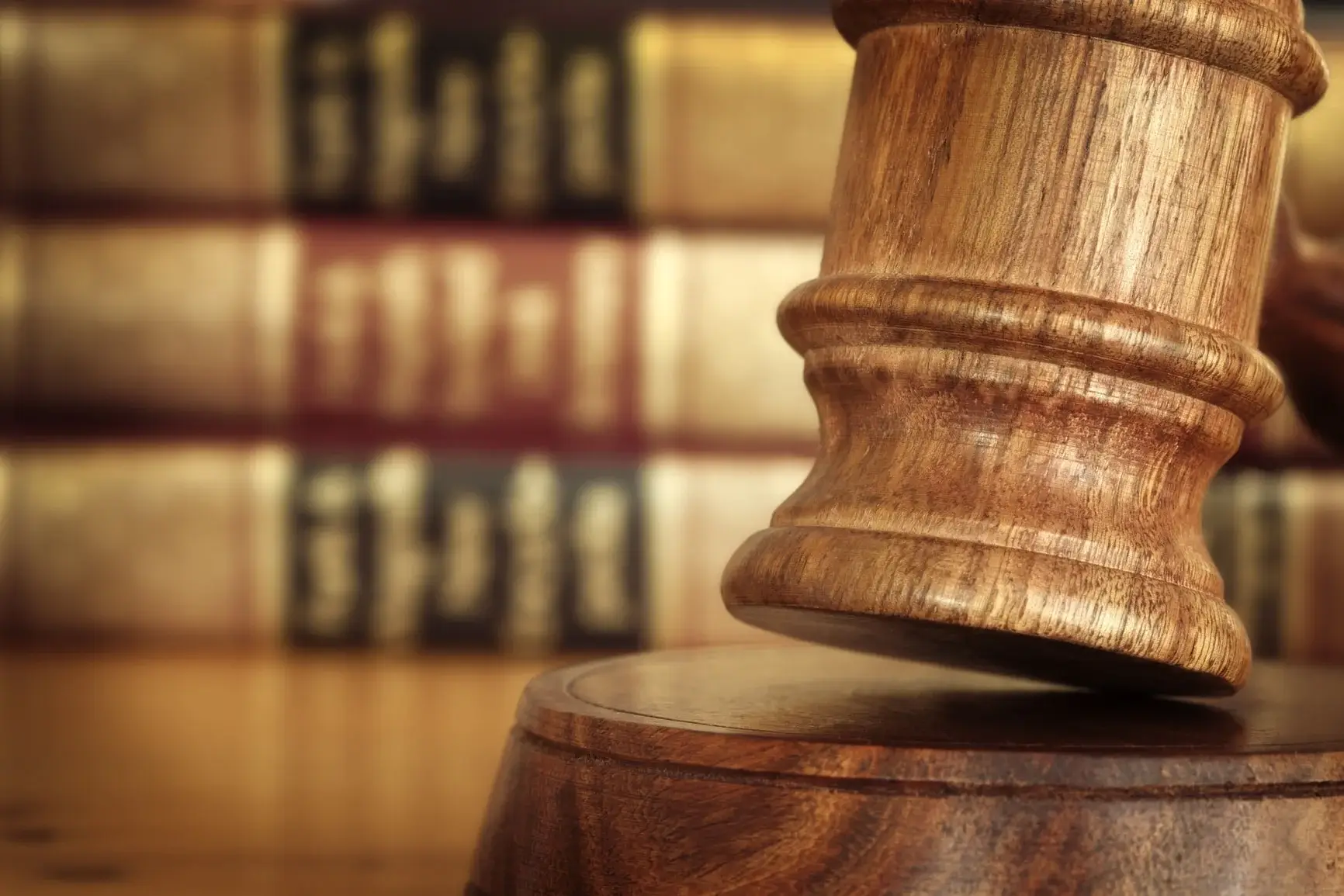
Enforcement Of Rules And Regulations
HOAs enforce community rules and regulations to maintain property values and community standards. However, enforcement can become a contentious issue, especially if homeowners feel the rules are applied inconsistently or are overly restrictive. Common points of contention include pet restrictions, home color choices, landscaping requirements, and parking regulations. To avoid legal battles, HOA boards should ensure that all rules are clearly detailed in the CC&Rs and that enforcement actions are consistent and non-discriminatory.
Management And Board Governance
Effective management and transparent governance are the cornerstones of a functional HOA. Problems often arise due to mismanagement, lack of transparency in decision-making, or conflicts of interest within the board. Homeowners may feel excluded from the decision-making process or may disagree with decisions regarding large projects or financial management. It’s crucial for HOA boards to operate openly and involve residents in decisions that significantly affect the community.
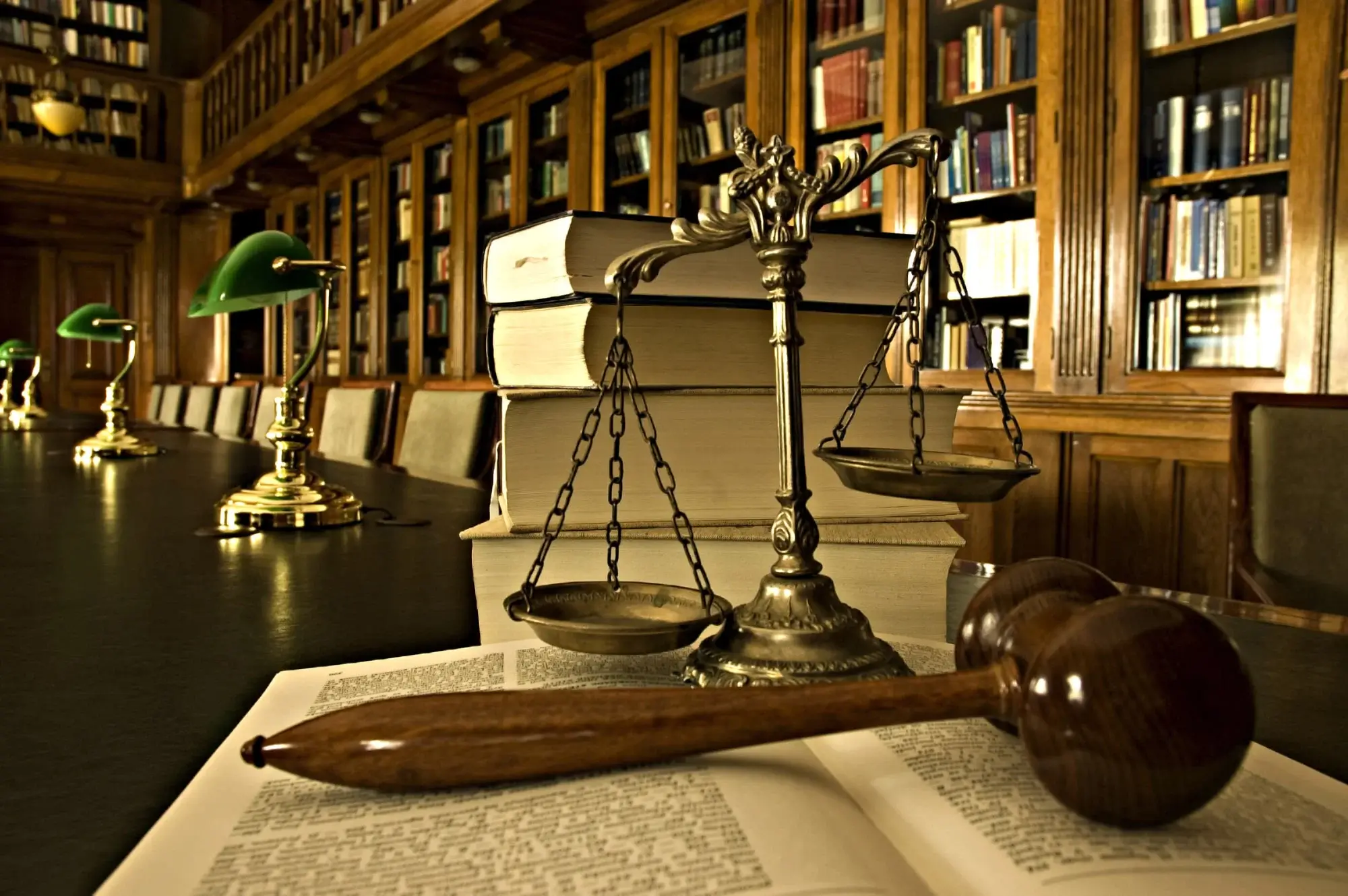
Architectural Control Disputes
Many HOAs have architectural control committees that oversee modifications to any property within the community to maintain a uniform appearance. Disagreements can occur when homeowners feel that the committee has unfairly rejected their home improvement plans or when the guidelines are ambiguous. Clear, detailed guidelines and a fair, systematic review process are essential to prevent and resolve these disputes.
Dealing With Delinquencies
Financial health is critical for an HOA’s operation, and managing delinquencies is a significant aspect. When homeowners fall behind on their dues, it can strain the HOA’s budget, affecting all residents by limiting the funds available for community maintenance and improvements. Legal measures may be necessary to collect unpaid dues, but these situations are best handled first through direct communication and payment plans before escalating to legal action.
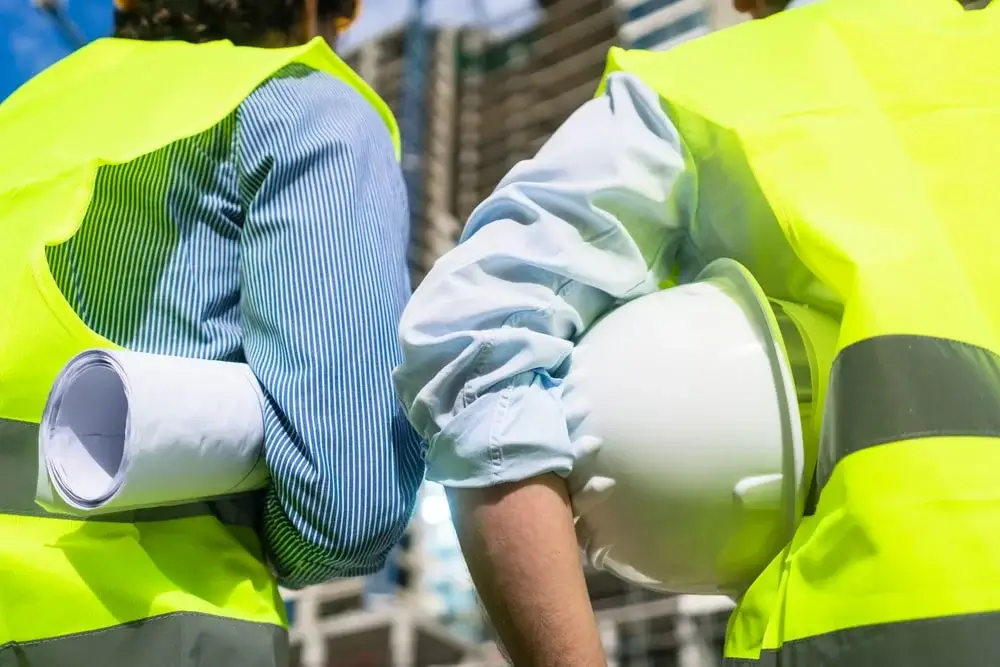
Legal Compliance And Changes In Laws
HOAs must comply with a range of local, state, and federal laws, which can frequently change. Staying informed and compliant can be challenging, particularly for volunteer board members who manage the HOA’s daily operations. Chapter 720 of the Florida Statutes grants HOAs the ability to enforce their rules, but your Florida Chapter 720 statue lawyer can help you fight back.
Contact Us Today
At Perez Mayoral, P.A., we understand the unique challenges faced by those living in and managing HOA communities. Our team is here to help ensure that your association operates smoothly and in compliance with all legal requirements. Whether you’re a homeowner facing issues with your HOA or a board member seeking legal guidance, we’re ready to assist. If you’re experiencing any difficulties or have concerns about your HOA, contact us today, and see how a Florida Chapter 720 statute lawyer from our office can help.
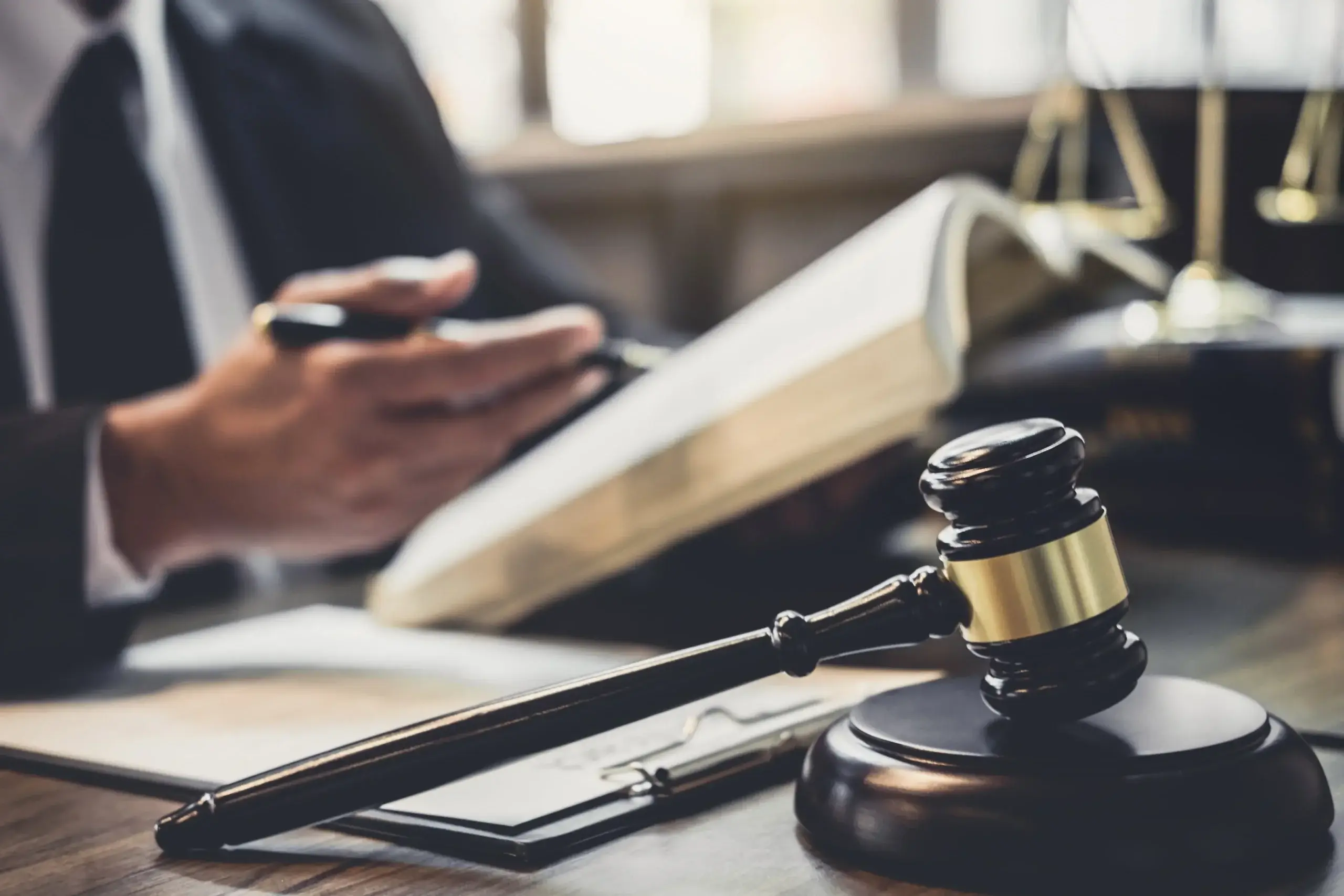
"*" indicates required fields
Perez Mayoral, P.A. combines the powerful and diversified services of a large law firm with the personal attention of a boutique practice. Get in touch with us for a consultation? Whatever your legal problem, we will be happy to discuss your options and provide you with the professional help you need.
